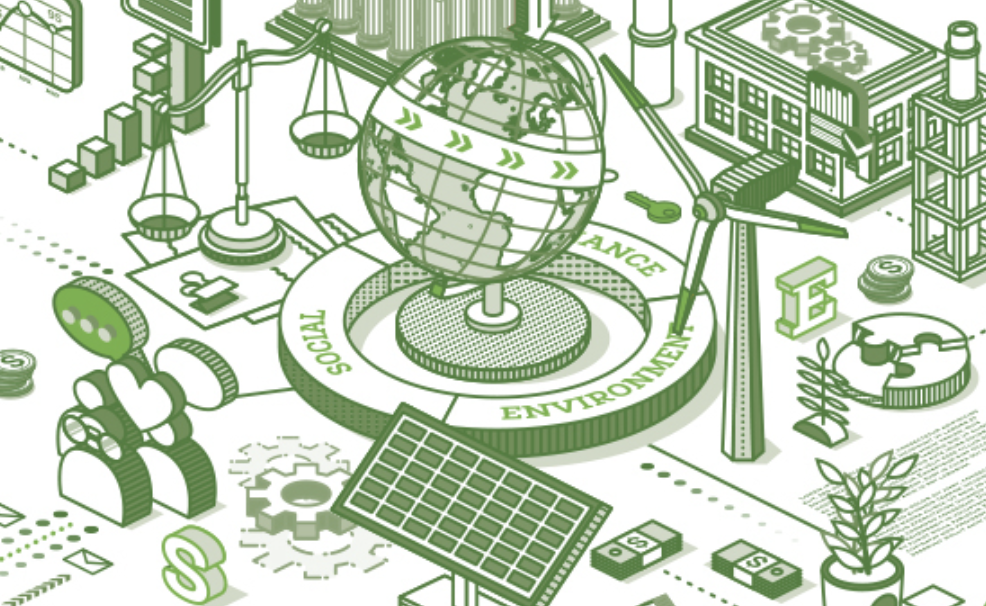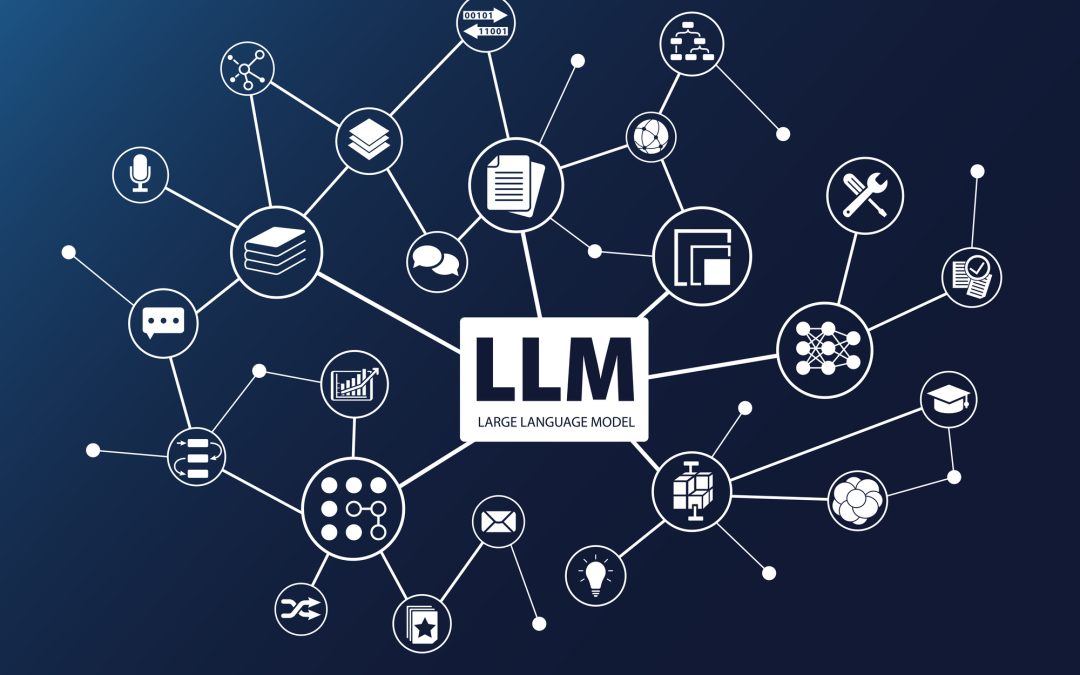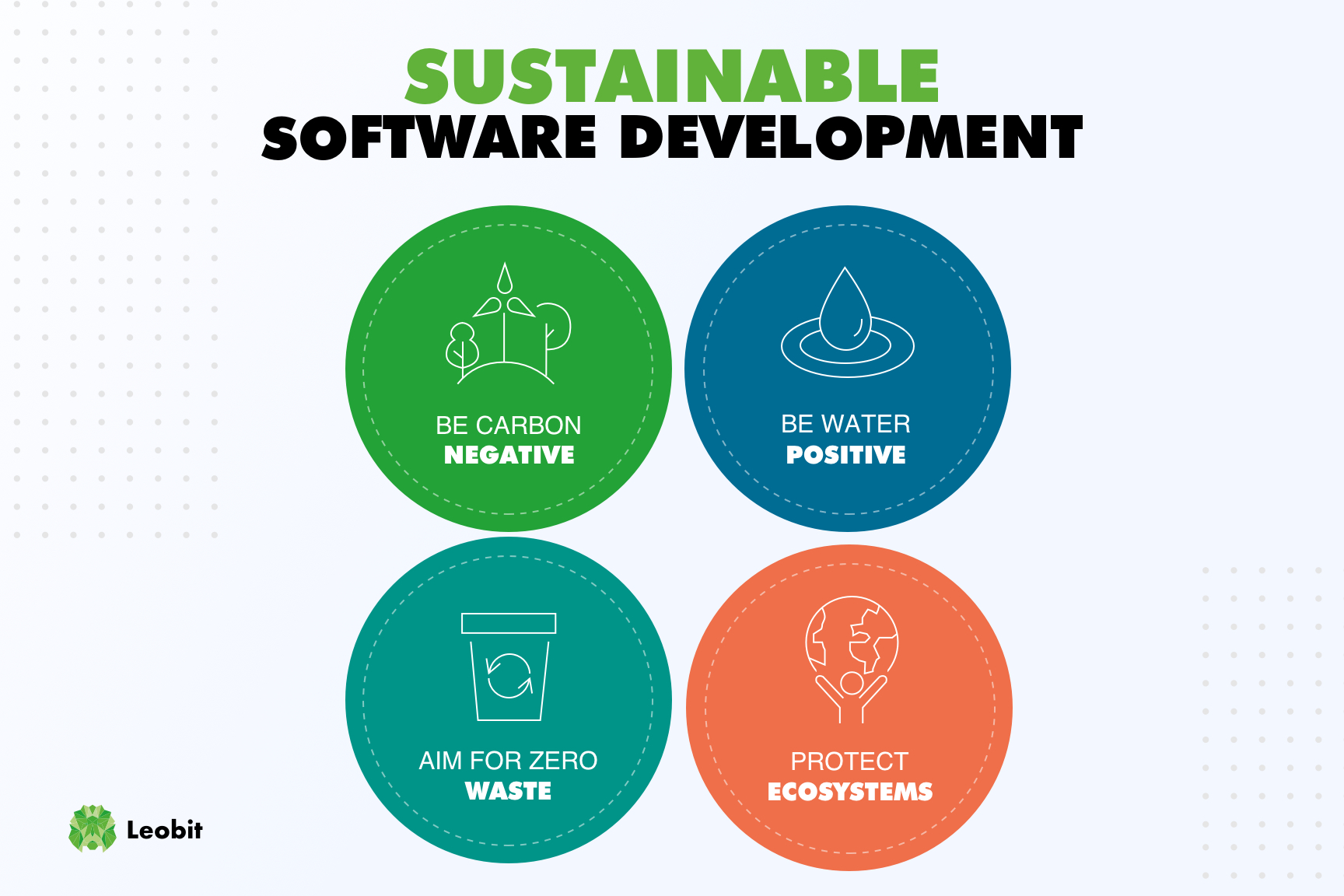
As sustainability becomes a more critical issue for businesses, governments, and communities, sustainability software has emerged as an essential tool for tracking and improving sustainability performance.
Sustainability software is a powerful tool for managing and reporting on environmental, social, and governance (ESG) data, enabling organizations to measure, analyze, and communicate their sustainability performance.
It typically includes a range of features, such as data collection and management, performance tracking, reporting and analytics, and stakeholder engagement. Here are some key ways that sustainability software can help organizations improve their sustainability performance:
- Data Collection and Management
Makes it easy to collect and manage sustainability data, including environmental data such as energy consumption, greenhouse gas emissions, water usage, and waste production, as well as social and governance data such as employee engagement, human rights, and supply chain management. By centralizing data collection and management, sustainability software helps organizations to ensure data accuracy, completeness, and reliability. - Performance Tracking
Enables organizations to track their sustainability performance over time, by measuring key performance indicators (KPIs) and setting targets for improvement. This helps organizations to identify areas for improvement and measure progress towards sustainability goals. - Reporting and Analytics
Allows organizations to generate reports and analytics on their sustainability performance, which can be used for internal management purposes, as well as for external reporting to stakeholders. This helps organizations to communicate their sustainability performance transparently and effectively, and can also help to enhance their reputation and brand image. - Stakeholder Engagement
Can help organizations to engage with their stakeholders, including employees, customers, investors, and other stakeholders, by providing a platform for collaboration, communication, and feedback. This helps organizations to build relationships with their stakeholders and enhance their reputation and brand image.
There are many different types of sustainability software available, ranging from simple data collection and management tools to more sophisticated analytics and reporting platforms. Some of the key features to look for when choosing sustainability software include:
- Customizability: That can be customized to your organization’s unique needs and requirements, including data collection, KPIs, and reporting formats.
- Integration: That can integrate with other systems, such as enterprise resource planning (ERP) and supply chain management systems, to ensure seamless data exchange and management.
- User-Friendliness: That is easy to use and intuitive, with a user-friendly interface and clear instructions and guidance.
- Reporting and Analytics: That offers comprehensive reporting and analytics capabilities, including dashboards, data visualization, and benchmarking.
- Scalability: As your organization grows and your sustainability efforts become more complex, you’ll need software that can scale with you. Look for software that can accommodate increasing data volumes and evolving reporting requirements.
- Data security: Sustainability data can be sensitive, so it’s important to choose software that has strong data security measures in place to protect your information.
In addition to these features, it is also important to consider factors such as cost, scalability, and customer support when choosing sustainability software.
Sustainability software is becoming increasingly important for organizations of all sizes and sectors, as sustainability becomes a key driver of business success and societal well-being. By using sustainability software to manage and improve their sustainability performance, organizations can enhance their reputation, reduce risk, and drive long-term value creation.
Some popular sustainability software solutions in the market include Enablon, Sphera, Gensuite, and EHS Insight. However, it’s important to do thorough research and evaluate multiple options before choosing a sustainability software solution that best fits your organization’s needs.
Do search for more here
In conclusion, sustainability software is a valuable tool for managing and improving sustainability performance, by enabling organizations to collect and manage data, track performance, generate reports and analytics, and engage with stakeholders. When choosing sustainability software, it’s important to consider factors such as customizability, integration, user-friendliness, reporting and analytics, cost, scalability, and customer support. By using sustainability software effectively, organizations can enhance their sustainability performance and drive long-term value creation.
Read more Sustainability topics

